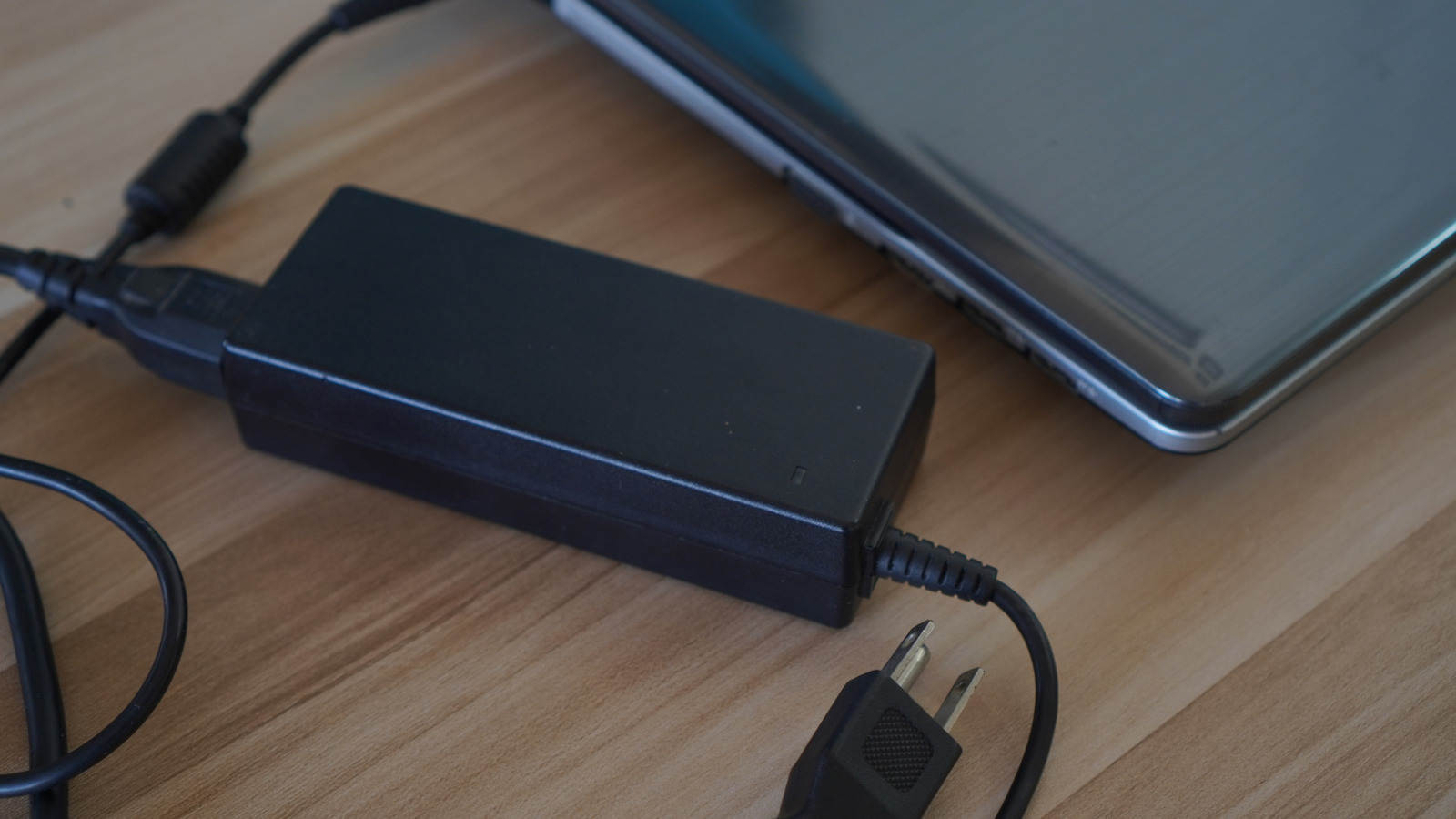In a world that glorifies hustle, multitasking, and round-the-clock availability, the word “no” has become radical. We’re taught to say yes—to opportunity, to productivity, to every event, project, or invitation that crosses our path. But when everything is a priority, nothing truly is. And the result is often exhaustion, resentment, and a chronic sense of falling behind.
Minimalism isn’t just about decluttering your home—it’s also about editing your commitments. Time, after all, is your most valuable, non-renewable resource. Choosing how to spend it—deliberately, thoughtfully, and with intention—is the heart of minimalist living.
Minimalism isn’t just about decluttering your home—though creating a sustainable, organized space can be a powerful starting point. It’s also about editing your commitments.
At the center of that choice is the uncomfortable but transformative power of saying no.
Why We Struggle to Say No
Saying no can feel like rejection—not just of the task, but of the person asking. We’re afraid of disappointing others, missing out, or appearing unhelpful. Many of us have internalized the belief that our worth is tied to how much we do, how available we are, or how quickly we respond with “sure, I can help.”
But constantly saying yes—without reflection—creates a life full of noise and obligation. It crowds out the quiet spaces where creativity, rest, and authenticity thrive.
As discussed on platforms like simplyseven.net, this compulsive busyness isn’t just stressful—it’s a barrier to clarity. When you’re overwhelmed by to-dos and social commitments, you lose track of what actually matters to you. And over time, your days become filled with other people’s priorities instead of your own.
The Minimalist Shift: From Reactive to Intentional
A minimalist approach to time begins with recognizing that every “yes” carries a cost. Agreeing to one thing means saying no to something else—often rest, focus, or personal goals. The shift comes when you start evaluating requests through the lens of intention, not impulse.
Instead of reacting automatically, pause and ask:
- Does this align with my values?
- Is this the best use of my time, energy, or presence?
- Am I saying yes out of guilt or obligation?
This doesn’t mean becoming rigid or selfish. It means becoming discerning. Minimalism isn’t about having an empty calendar—it’s about filling your time with meaning, not just movement.
When you treat time as a resource to be curated—not consumed—you begin to design a life around depth, not distraction.
Setting Boundaries Without Guilt
One of the most empowering outcomes of learning to say no is discovering that most people will respect your boundaries—especially when you communicate them with clarity and kindness.
You don’t need to offer long explanations or apologies. A simple, “I won’t be able to take that on right now,” is enough. If you want to soften it, express appreciation or interest while holding your limit: “I love that idea, but I’m keeping my calendar light this month.”
Over time, your no becomes a trusted part of your identity. People stop expecting you to overextend yourself. You become known for your focus, reliability, and calm—because you’ve chosen to protect the space needed for those qualities to flourish.
Redefining Productivity and Value
The minimalist mindset reframes what it means to be productive. Instead of measuring output by quantity—how many meetings you attend, how many tasks you complete—you begin to value impact and presence.
Saying no to low-priority work frees up energy for the things that truly move the needle. Saying no to social commitments that feel draining allows you to show up fully for the relationships that matter most. Saying no to constant input—emails, notifications, scrolling—makes space for focused thinking and original ideas.
Your worth isn’t determined by your availability. In fact, when you guard your time, you become more available to yourself, and that’s where clarity begins.
Embracing the Joy of Missing Out
Minimalist time management isn’t just about subtraction—it’s about rediscovering what you gain when you stop trying to do it all. You gain peace, space, and freedom. You gain the joy of missing out on things that don’t matter, so you can be present for what does.
You don’t need to be everywhere, know everything, or respond instantly. The world will keep spinning. And in that pause, you’ll find what truly lights you up—and begin to protect it fiercely.
Saying no is an act of self-trust. It’s a vote for your values. And it’s the foundation of a simpler, more fulfilling life.
Edit Your Calendar Like You Edit Your Closet
Just as minimalists declutter wardrobes to keep only what fits, flatters, and feels good, you can apply the same process to your time. Review your calendar regularly. Remove what no longer energizes or aligns. Make space for rest. Add only what supports your vision of a meaningful life.
Saying yes to yourself often begins with saying no to what’s expected.
In a hyper-busy world, protecting your time isn’t lazy or antisocial—it’s revolutionary. And it might just be the most powerful form of self-care you practice all year.











